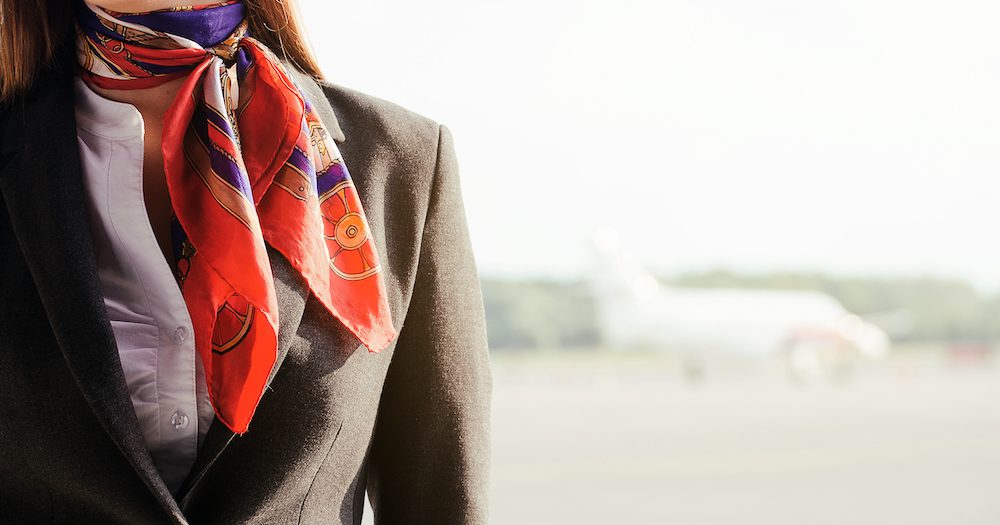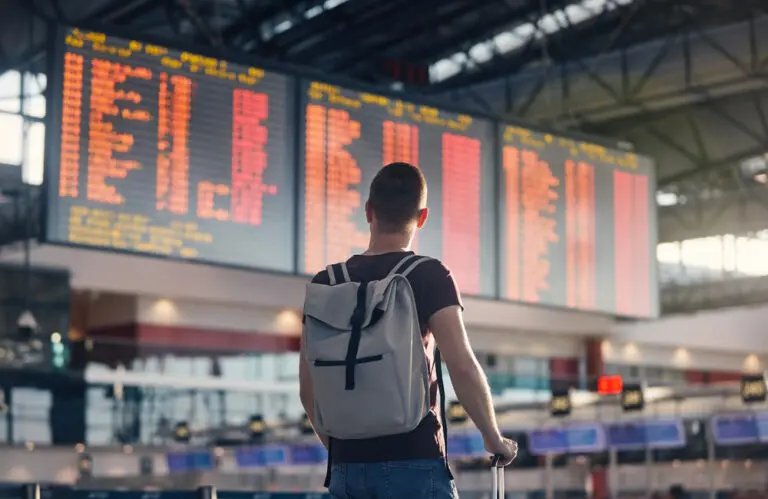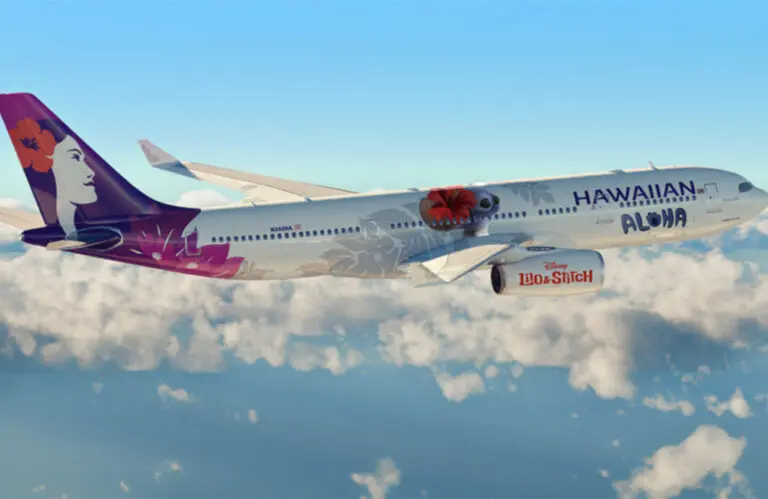Thousands of flight attendants have participated in protests at more than 30 major airports across the United States on Tuesday (US time), as part of a dispute over higher wages.
Part of the ‘Worldwide Flight Attendant Day of Action’, picket line protests were planned for New York City, Los Angeles, San Francisco, Dallas, Atlanta, Chicago, Boston, Miami, Orlando, Washington DC and Las Vegas, among other major cities.
There have been no reports that the protests have impacted flights at the country’s busiest airports. But they would have been hard to avoid.
According to The Guardian, the action comes as more than two-thirds of US flight attendants, working at carriers including United Airlines, American Airlines, Southwest Airlines, Alaska Airlines, Air Wisconsin, Omni and Frontier negotiate new union contracts.
“Legacy sexism that traditionally devalued our jobs must be stamped out and replaced with the true value of our work,” the group said in a statement.
“Our time on the job must be compensated. We need retirement security. We need flexibility and control of our lives.”
Boarding pay
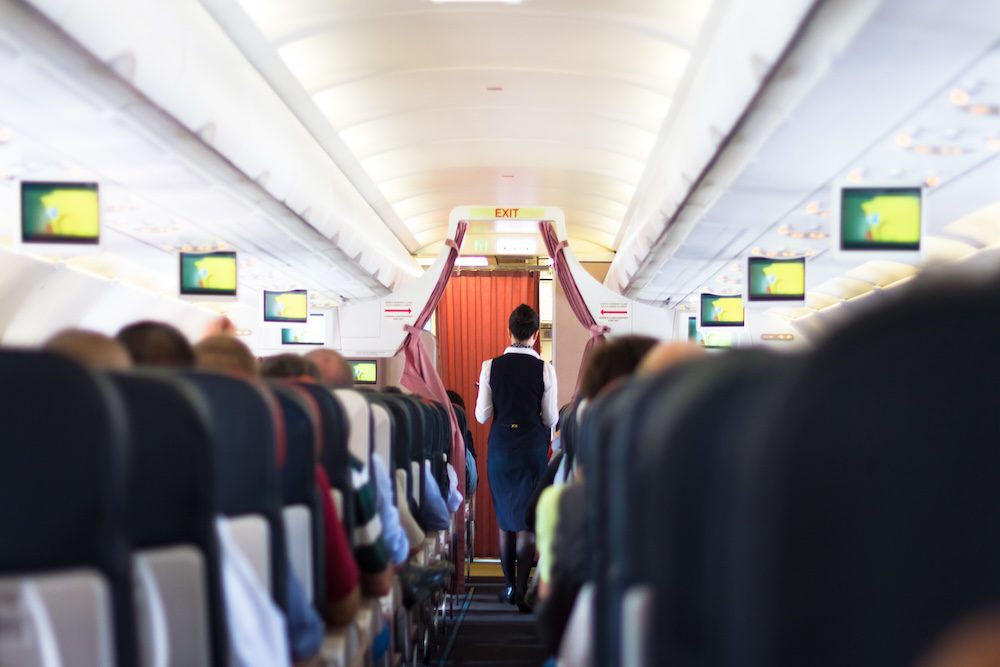
According to Associated Press, flight attendants also want to be paid during the time that passengers board the plane.
Currently, only Delta Air Lines, whose attendants are nonunion, pays its attendants during boarding. At other US carriers, crew members’ hourly pay begins when passengers are seated and the plane doors close.
“With the wages that we have, it’s just unsustainable. We can’t live off of these wages,” said Air Wisconsin flight attendant Doris Millard, adding that her pay had hardly changed since she started at the airline in 1980.
“I feel like I’m being forced to give up my career and find something else or continue to basically live in poverty.”
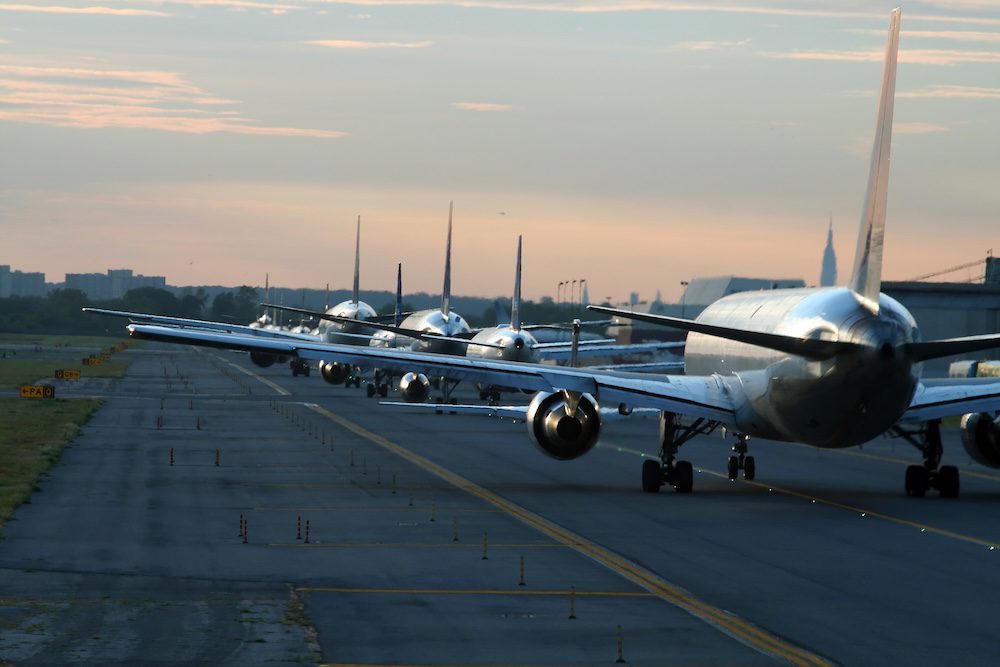
United Airlines cabin crew, represented by the Association of Flight Attendants-CWA (AFA), filed for mediation in December 2023 and have held several protests during wage negotiations.
“The federal mediator requested by the AFA has scheduled our first negotiations session for March 19. We’re looking forward to working with AFA to narrow the issues so that we can continue to work toward an industry-leading agreement for our flight attendants,” a United Airlines spokesperson in an email.
Meanwhile, Alaska Airlines flight attendants today voted to authorise a strike for the first time in 30 years, Reuters reported.
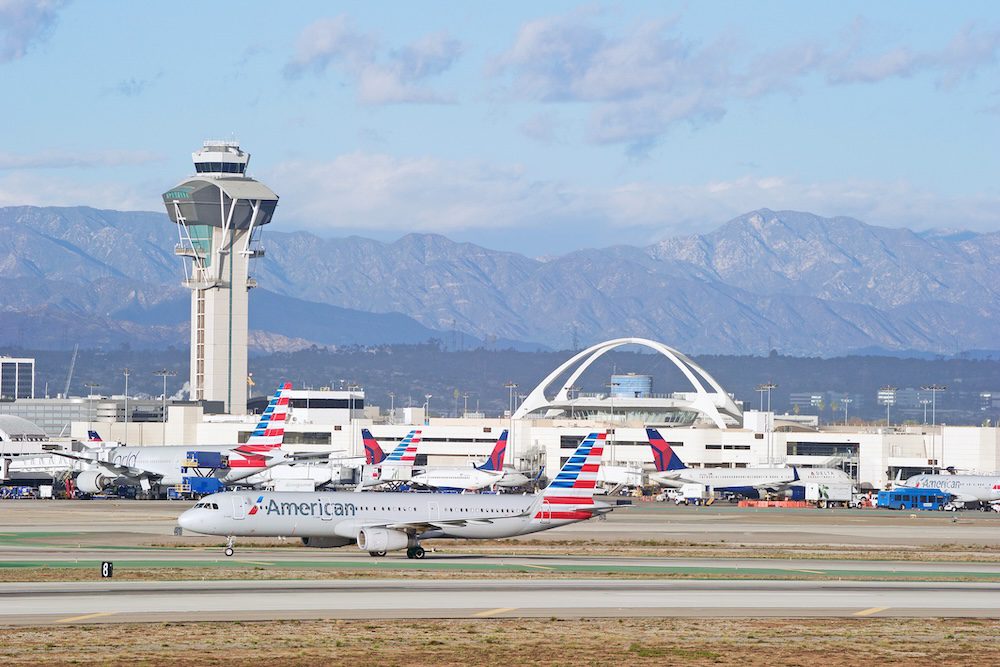
Melissa Osborne, who has been with the Seattle-based carrier for the past seven years, disputes Alaska’s claim that the union’s proposals were unworkable. She points to record post-pandemic airline profits, raises for pilots at Alaska and the carrier’s acquisition of Hawaiian Airlines.
“Even today putting on my uniform and going to work, there are several layers of anxiety all of us experience,” said Osborne.
“I feel like that level of stress is not being recognised by the company, they’re not recognising our value and what we do every day.”
Pay disputes between flight attendants and airlines hasn’t just been confined to the US. In December, a scenario that threatened to disrupt the plans of countless Australian holidaymakers was averted thanks to a deal between Virgin Australia and cabin crew, represented by the Flight Attendants’ Association of Australia (FAAA) and The Transport Workers Union (TWU).
